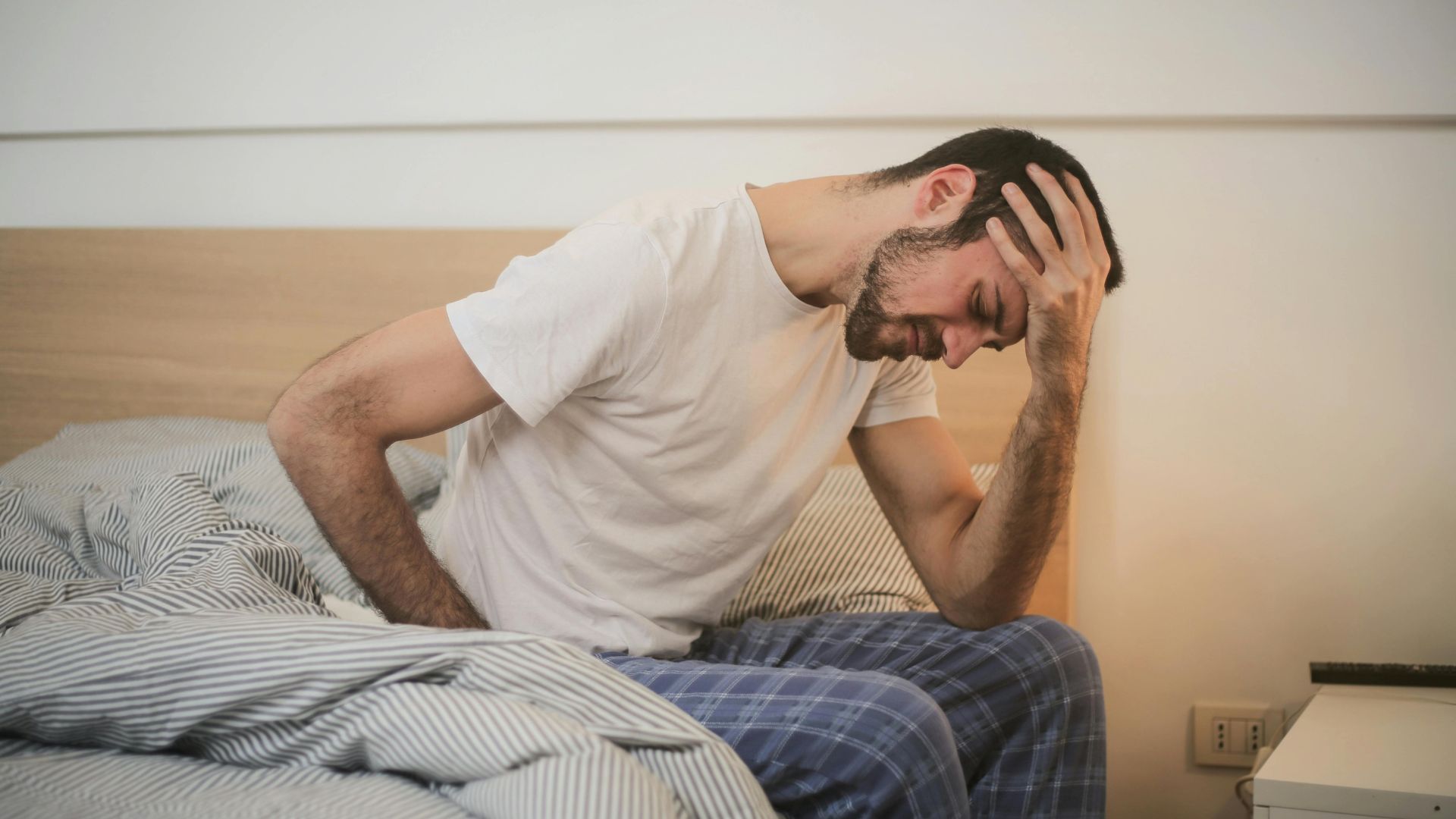Gabapentin withdrawal can be tough for many people, with studies showing that around 15% of users may face noticeable symptoms when they stop taking the drug. This is worrying because gabapentin is now one of the top 15 most commonly prescribed medications in the United States.
Withdrawal symptoms from gabapentin can vary, including anxiety, trouble sleeping, nausea, and sweating. Therefore, it is important to undergo detoxification with medical help to ensure a safe and smooth process.








